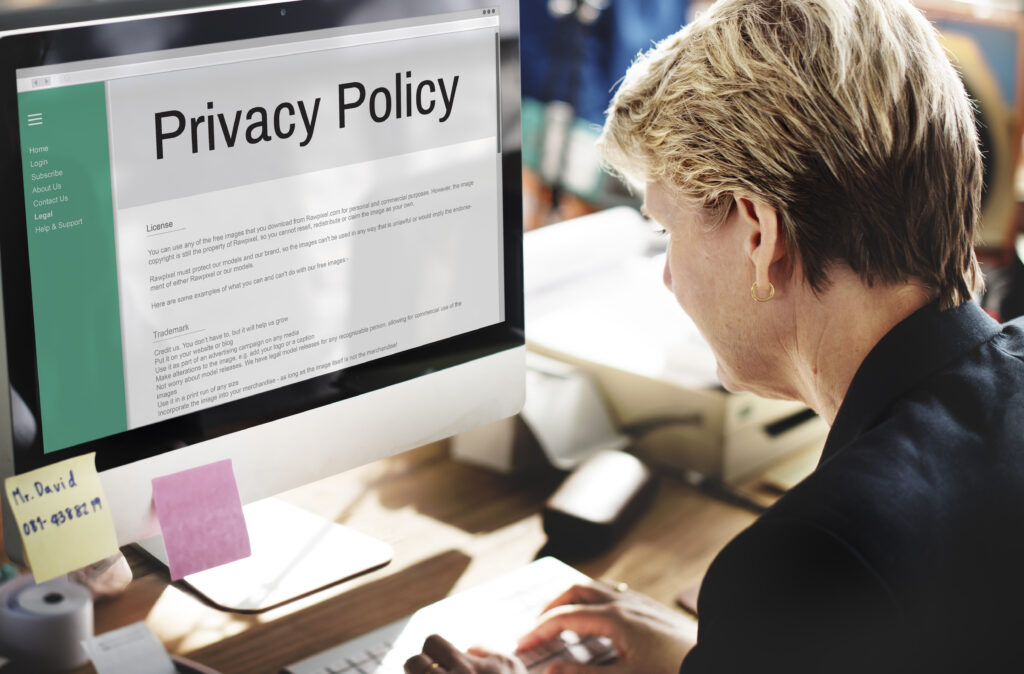Everything we do is interconnected with the online world, from social media to online banking, digital profiles, public sites and accounts. Today’s internet is a whole of our details, and if we’re not careful, they can end up in the wrong hands. Therefore, a smart move is to remove your information from websites anyone can see. This helps prevent problems like identity theft and keeps your private data safe.
Understanding the risks of public sites data
Public sites are platforms where individuals can share and access information freely. While these sites offer numerous benefits, they also pose significant risks to your privacy. Public site data can include a wide range of personal information, such as your name, address, phone number, email address, and even financial details. Malicious individuals can exploit this data for various purposes, including identity theft, fraud, and harassment.
Search engines often index public website data, making it easily accessible online. This exposure poses privacy risks, highlighting the need for individuals and organizations to understand these dangers and act to protect personal information. Proactive measures include careful sharing, monitoring digital footprints, using privacy settings, and considering encryption and secure storage solutions. Awareness and caution can reduce the risk of unwanted exposure and maintain control over their personal data.

Step-by-step guide to data deletion on public sites
Deleting your data from public sites may seem daunting, but it is a crucial step in protecting your privacy. Here is a step-by-step guide to help you navigate the data deletion process effectively:
Identify the sites: Identify the public sites where your data is present. This can include social media platforms, online directories, forums, and other websites where you have shared your personal information. A tool that can help with this issue is Incogni, which can take care of all the work for you with one automated process.
Review privacy settings: Before deleting your data, review the privacy settings on each site. Some platforms offer options to limit the visibility of your personal information or restrict access to specific individuals or groups. Adjust these settings according to your preferences to minimize the exposure of your data.
Contact the site administrators: If you cannot delete your data directly, reach out to the site administrators for assistance. Many websites have a dedicated support team that can help you remove your personal information from their platform.
Submit deletion requests: Submit deletion requests for sites that do not provide direct data deletion options to the appropriate channels. This can be through an online form, email, or other means specified by the site. For example, if you want to remove personal information from your Google account, here is a step-by-stepstep-by-step guide to help you submit the deletion request. Ensure that you provide all the necessary details and follow any instructions provided.
Monitor data removal: After submitting deletion requests, monitor the sites to ensure that your data is removed. Some sites may take time to process deletion requests, so it is important to be patient and persistent in following up if needed.

The role of legislation in protecting online privacy – private data
Legislation plays a critical role in protecting online privacy and data protection. Governments around the world have recognized the need for regulations to safeguard individuals’ personal information. Many countries have enacted laws requiring organizations to obtain consent for collecting and using personal data, provide transparency about data practices, and ensure secure data handling.
For example, some key federal laws include the Federal Trade Commission Act, which oversees commercial practices and privacy policy enforcement, and the Electronic Communications Privacy Act, which safeguards various communications from unauthorized use. The Computer Fraud & Abuse Act penalizes unauthorized computer access, while the Children’s Online Privacy Protection Act mandates consent for collecting minors’ data. Also, states have laws like consumer protection and data breach notification laws.
These laws empower individuals to exercise greater control over their personal information and hold organizations accountable for privacy breaches. Staying informed about the legislative landscape in your jurisdiction can help you better understand your rights and take appropriate steps to protect your privacy. Remember, your personal information is valuable, and by being proactive, you can minimize the risk of privacy violations and protect your online identity.



